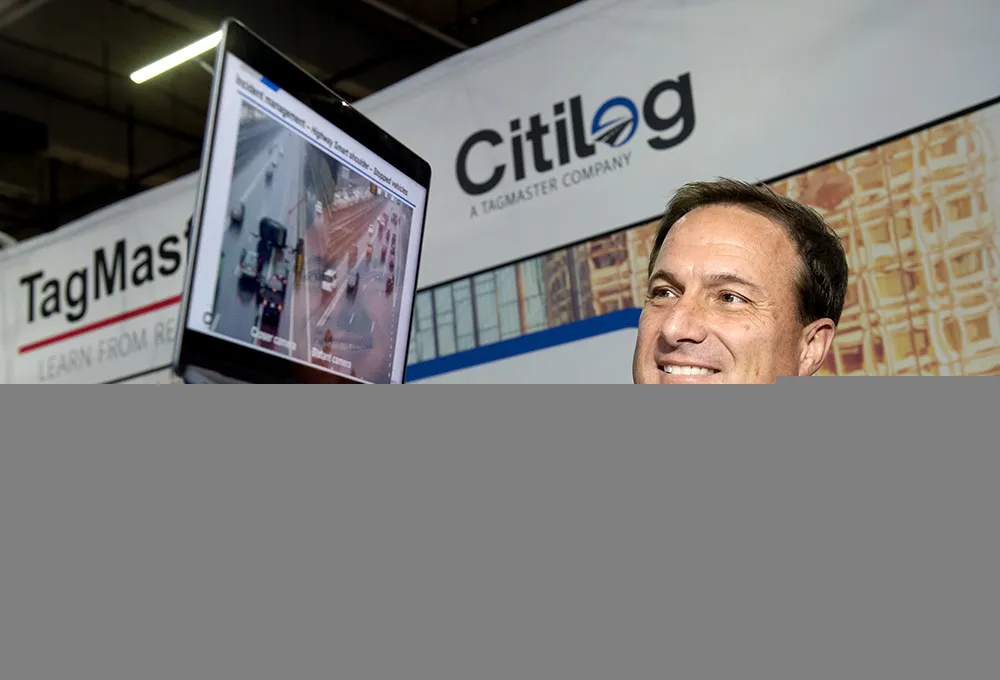In the wake of the European Parliament’s approval of the mandatory installation of automatic emergency phones in all cars and vans by 2015, the Irish Times says Ireland’s National Roads Authority (NRA) is to deploy a range of intelligent transport systems to improve travel times, warn drivers of weather, dangers and delays ahead and automatically notify emergency services in the event of crashes or even the potential for crashes.
The NRA has developed a motorway traffic control centre, based at the Dubli
March 18, 2014
Read time: 2 mins
In the wake of the European Parliament’s approval of the mandatory installation of automatic emergency phones in all cars and vans by 2015, the Irish Times says Ireland’s National Roads Authority (NRA) is to deploy a range of intelligent transport systems to improve travel times, warn drivers of weather, dangers and delays ahead and automatically notify emergency services in the event of crashes or even the potential for crashes.
The NRA has developed a motorway traffic control centre, based at the Dublin Port Tunnel offices, to monitor more than 65 million journeys a year made on the motorway network. Managed by port tunnel operator7319 Egis, the control centre will supply information to the NRA phone app which gives motorists route information including about weather, travel time, crashes, road conditions and potential diversions. The app also links to CCTV cameras based on the main inter-urban routes.
The NRA plans to test Bluetooth-enabled traffic monitoring, where Bluetooth devices in passing vehicles automatically provide data to roadside sensors, feeding into the control centre’s information on travel times.
The control centre is also developing systems that can detect the speeds of slowing traffic slowing and interpret whether this is caused by increasing traffic volume, or the possibility of a crash. The systems will also detect and warn operators of wrong-way drivers and cycles or pedestrians on a motorway.
The NRA has developed a motorway traffic control centre, based at the Dublin Port Tunnel offices, to monitor more than 65 million journeys a year made on the motorway network. Managed by port tunnel operator
The NRA plans to test Bluetooth-enabled traffic monitoring, where Bluetooth devices in passing vehicles automatically provide data to roadside sensors, feeding into the control centre’s information on travel times.
The control centre is also developing systems that can detect the speeds of slowing traffic slowing and interpret whether this is caused by increasing traffic volume, or the possibility of a crash. The systems will also detect and warn operators of wrong-way drivers and cycles or pedestrians on a motorway.








